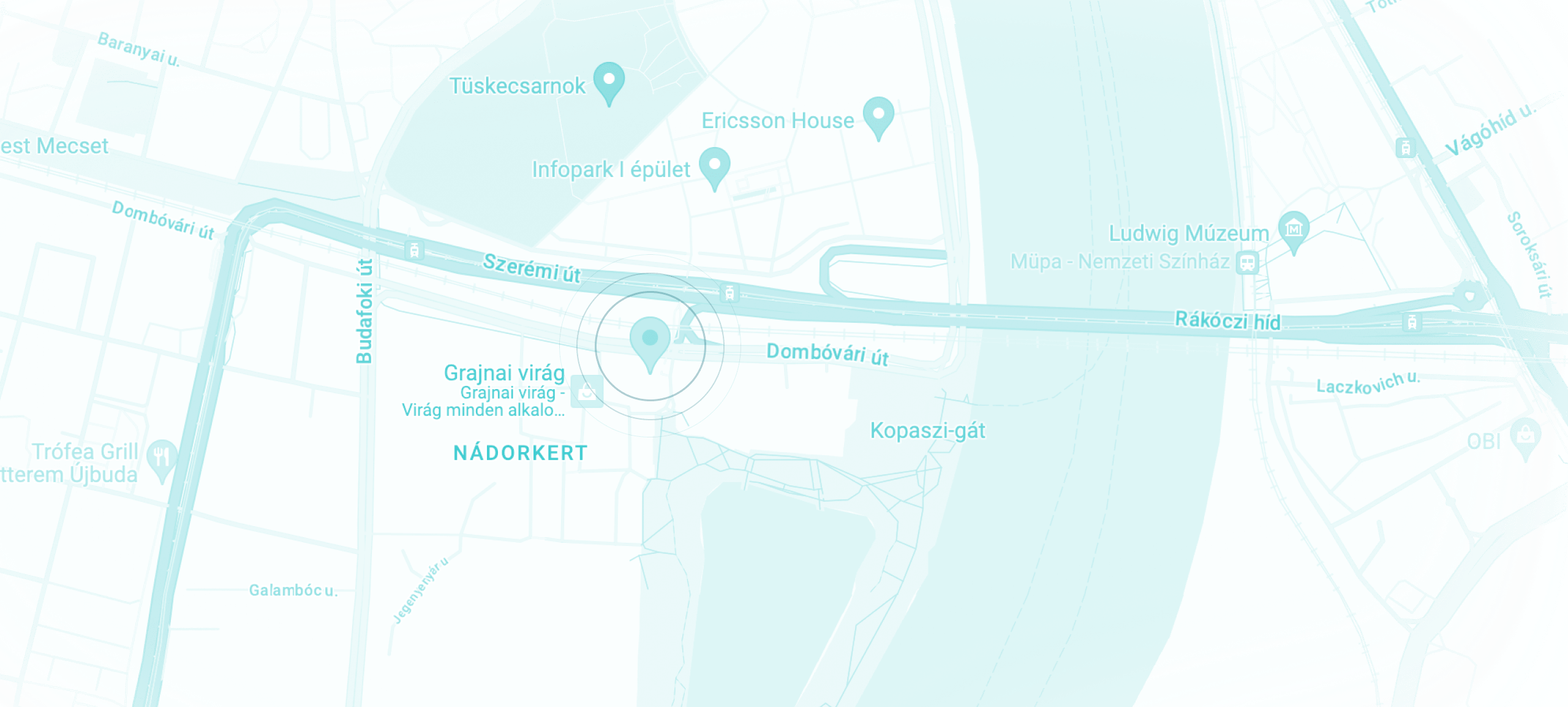
Bank holidays in Hungary in 2020
If you run a business in Hungary, you should get familiar with bank holidays, which are days when most people are not required to work. The default work days are Monday through Friday, while Saturdays and Sundays are rest days. Apart from these latter, there are 12 more bank holidays and a few extra rest days each year.
If you run a business in Hungary, you should get familiar with bank holidays, which are days when most people are not required to work. The default work days are Monday through Friday, while Saturdays and Sundays are rest days. Apart from these latter, there are 12 more bank holidays and a few extra rest days each year.
Want to learn about bank holidays in 2026? Click here!
Hungarian bank holidays and rest days in 2020
- 1 January 2020 (Wednesday): New Year’s Day
- 15 March (Sunday): commemoration of the revolution in 1848
- 10 April – 13 April (Friday – Monday): Good Friday through Easter Monday
- 1 May (Friday): Labor Day
- 31 May – 1 June (Sunday and Monday): Pentecost
- 20 August (Thursday): St. Stephen’s Day or the Day of the New Bread
- 21 August (Friday): rest day to make a 4 days long weekend 20 – 23 August
- 23 October (Friday): commemoration of the revolution in 1956
- 1 November (Sunday): All Hallows’ Day
- 24 December (Thursday): rest day to make 4 days long Christmas holiday 24 – 27 December
- 25 – 26 December (Friday – Saturday): 1st and 2nd day of Christmas
- 1 January 2021 (Friday): New Year’s Day
In 2020, many bank holidays fall on weekends, which means no change for your Hungarian company if you and your employees work on a Monday through Friday basis. However, please note that Sundays that are bank holidays are different from regular Sundays. On bank holiday Sundays, shops are typically closed, and if you need employees to work, different wage supplements will apply.
Since in Hungary people prefer to have long weekends to having one rest day during the week, if a bank holiday falls on e.g. a Thursday, the following day will also become a rest day to create a 4-day long weekend. In exchange for the extra rest day, a Saturday is declared a work day to keep the yearly number of work days the same.
Working Saturdays in Hungary in 2020
- 29 August (for the long weekend 20 – 23 August)
- 12 December (for a long Christmas holiday of 24 – 27 December)
Special days that are not bank holidays
Although only the above listed days are bank holidays and rest days in Hungary, please keep in mind that there are also some “short” days, when most employees are allowed to leave early, shops close around noon, and even public transport switches to night mode around 4 p.m. These are:
- 24 December (Thursday): Christmas Eve (which is also a rest day, but shops are open)
- 31 December (Thursday): New Year’s Eve
When planning the work load for your Hungarian company in December 2020, you should keep these short days in mind too. There is a chance your Hungarian employees will want to leave early to spend time with their families, or they might want to take these days off.
Business on bank holidays in Hungary
Employees that work for your Hungarian company in Hungary will probably not work on bank holidays. If you need them to work on these days, e.g. if you are in a business that gives continuous service, like a restaurant or an IT provider, you will have to play wage supplement, of which you can learn more from our article on overtime payment.
Business on exchanged Saturdays in Hungary
Working Saturdays are full work days. They are considered as “Fridays” as for work schedules, public transportation timetables and shop opening hours (while the calendar Friday the day before is considered as a “Thursday”). If your “nine to five” employees usually leave early (e.g. around 2 p.m.) on the last day of each week, meaning regular Fridays, they will stay full time on this calendar Friday, and leave early on the working Saturday that follows.
Many employers are more lenient with their employees on working Saturdays. This can manifest in various things, e.g. encouraging working from home, or organizing work-related, but non-working events, such as competence trainings or team-building activities.
Employers might also waive their right to have employees working on these days. On the other hand, employees can also take these Saturdays off, same as regular work days.
Want to learn more? Consult your accountant
If you want to make sure which days are regular work days, rest days, or bank holidays, and when to pay how much wage supplement to your employees, you can always consult your accountant or your payroll specialist. They can calculate for you the budget for having employees working overtime, and help you make informed business decisions.
Contacto
Póngase en contacto con nosotros
Lunes - Viernes
09:00 - 17:00
Helpers Hungary Kft.
Budapart Gate
Dombóvári út 27.
Budapest 1117, Hungary
Cuando nos visita, venga usted al 2.o piso por la Entrada A.






